Ali taught an entire generation to stand up for what they believed in.
We, the millennials, are one of the most clued-in generations of all time. We have the kind of knowledge at our fingertips that our forefathers wouldn't have dreamt of. We have, in our hands, phones that are more powerful than computers that put the Apollo 11 on the moon. Technology has empowered us, freed us to make our own choices, and speak out more loudly against forms of oppression. We are, for the most part, also luckier to be born into a freer world where we can make our choices. One is not saying that inequality has been eradicated, but it is certainly lesser than the ones our forefathers faced.
That's what makes the tales of those who fought against oppression more impressive. Standing up meant serious consequences, but very few were willing to stand up as strongly as Muhammad Ali, who heralded an era of black pride in White America, and whose impact on religion and race is sometimes considered even greater than Civil Rights leader Martin Luther King Jr.
Understanding Ali

Muhammad Ali mocking punching the Beatles in 1964 (Wikimedia Commons)
There's a distinct problem in explaining an enduring cultural icon like Ali to this generation, where icons are dime a dozen, fame lasts for fifteen seconds and everyone seems to be going viral. But try we must. Think of an individual who’s the greatest ever at his sport, not just of his generation but to have ever played that particular game. Add to that the charisma of a natural showman who kept everyone hooked with one-liners and even poems. Top it up with the conviction in his beliefs for which he was willing to go to jail, even disagreeing with a government of a very White America for whom he refused to participate in war. Throw in the fact that he belonged to a minority which had been constantly vilified and you come close to understanding the enduring legacy of Muhammad Ali.
Even one of the aforementioned qualities would be enough to make him a legend, but with all of them combined, he became one of the enduring cultural icons of the Swinging Sixties in America, along with Bob Dylan, The Beatles, Martin Luther King Jr, Harper Lee, Malcolm X, Andy Warhol and John F Kennedy.
It was an era that set the foundations of a modern, racially diverse and inclusive America. The Sixties were a time when youngsters were rebelling against the prudish values their parents held dear. An unknown called Bob Dylan was writing songs that electrified the crowds. Down from England, a group of boys with dodgy haircuts called The Beatles were claiming their right as the most popular artists of all time.
At the end of the decade (1969), even as America was preparing the first moon landing, a bunch of members of the LGBT community rioted against a police raid that would come to be known as the Stonewall Riots leading to the gay liberation movement in the US. Juxtaposed with this was the Civil Rights movement led by Martin Luther King who'd had it with African-Americans being treated as second-class citizens.
The times, to quote Dylan, were a changing. So when Muhammad Ali, after knocking out Sonny Liston in 1964, claimed as a black man that he was ‘The Greatest’ in a White America, people sat up and listened.
Civil rights leader Al Sharpton, who later became close to Ali, explained the inexplicable hold that Ali had over the black youth: “You wanted to be Muhammad Ali. You wanted to float like a butterfly sting like a bee. You wanted to be the one that all the girls wanted. You wanted to be the one that could pack arenas. He made it exciting to be part of the movement."

Malcolm X takes a picture of Muhammad Ali (Wikimedia Commons)
While Ali wasn’t the first black athlete to fight back against white supremacy, he was perhaps the most popular. Then, two days after winning the World Heavy Weight Championship, he embraced the separatist teaching of the Nation of Islam, becoming part of the radical fringe of the rights movement. He declared he was rejecting his ‘slave name’ Cassius Clay and claimed he was Muhammad Ali.
In 1967, he heralded an even greater cause as he became a high-profile anti-war protester, refusing to serve in the Vietnam War. He said: “I ain’t got no quarrel against the Vietcong. My conscience won't let me go shoot my brother, or some darker people, or some poor hungry people in the mud for big powerful America. And shoot them for what? They never called me nigger, they never lynched me, they didn't put no dogs on me, they didn't rob me of my nationality, rape or kill my mother and father.... How can I shoot them poor people? Just take me to jail.”
The law saw it otherwise, and he was sentenced to five years in jail and stripped of his boxing titles. While his case moved through the courts until the US Supreme Court unanimously overturned his conviction, he didn’t fight for three and a half years while he was at his peak. He'd come back to have some of the most legendary bouts of his career, including fights so historic they'd be remembered for generations with names like Thrilla in Manilla and Rumble in the Jungle.
In time he’d reject the racial separatism of the Nation of Islam, turning to Sunni Islam and then Sufism. And along the way, as the anti-war sentiment grew, people across America would come to love him.
Barack Obama, the United States’ first and only black President, wrote: “It was this quality of Ali’s that I have always admired the most: his unique ability to summon extraordinary strength and courage in the face of adversity, to navigate the storm and never lose his way. This is the quality I’m reminded of when I look at the iconic photo I’ve had hanging on my wall of the young fighter standing over Sonny Liston. And in the end, it was this quality that would come to define not just Ali the boxer but Ali the man — the Ali I know who made his most lasting contribution as his physical powers ebbed, becoming a force for reconciliation and peace around the world.”
At a time when the world seems to be on the verge of torn up apart by bigotry, while the US grapples with a presidential nominee hell-bent on dividing people on the basis of their religion, we’d do well to remember what Muhammad Ali stood for. He not only was ‘The Greatest’ in the ring, he was one of the most vocal voices against bigotry and oppression outside of it. That a man was willing to give up everything he had – fame and fortune – for his beliefs is a lesson that all of us can live with. In the 60s and beyond, Ali inspired a generation to speak up against wrongs, to stand for what’s right, no matter how strong the opponents, even if they were the establishment.
Albert Einstein had reportedly said about Mahatma Gandhi: “Generations to come will scarce believe that such a one as this ever in flesh and blood walked upon this earth." It's not inconceivable that the same yardstick would apply to Muhammad Ali.
![submenu-img]() Viral video: Woman tries to cook omelette on road, internet is not happy
Viral video: Woman tries to cook omelette on road, internet is not happy![submenu-img]() RCB cancels practice, press meet after threat to Virat Kohli's security ahead of IPL 2024 eliminator: Report
RCB cancels practice, press meet after threat to Virat Kohli's security ahead of IPL 2024 eliminator: Report ![submenu-img]() Meet Indian-origin man, IIT alumnus who is world's second-highest paid CEO, his salary per day is...
Meet Indian-origin man, IIT alumnus who is world's second-highest paid CEO, his salary per day is...![submenu-img]() RBI approves Rs 2.11 lakh crore dividend payout to Indian govt for 2023-24
RBI approves Rs 2.11 lakh crore dividend payout to Indian govt for 2023-24![submenu-img]() Mozz Guard Mosquito Zapper Reviews (Zap Guardian): Side effects, ingredients benefits, price
Mozz Guard Mosquito Zapper Reviews (Zap Guardian): Side effects, ingredients benefits, price![submenu-img]() IIT graduate builds Rs 1057990000000 company, leaves to get a job, now working as a….
IIT graduate builds Rs 1057990000000 company, leaves to get a job, now working as a….![submenu-img]() Indian Air Force Agniveervayu Recruitment 2024: Registration starts today, know eligibility, steps to apply
Indian Air Force Agniveervayu Recruitment 2024: Registration starts today, know eligibility, steps to apply![submenu-img]() Meet woman who was married at 16, faced domestic abuse, did odd jobs as single mom, became IAS officer, is posted at...
Meet woman who was married at 16, faced domestic abuse, did odd jobs as single mom, became IAS officer, is posted at...![submenu-img]() Maharashtra HSC 12th 2024: Result declared, know how to check
Maharashtra HSC 12th 2024: Result declared, know how to check![submenu-img]() Meet man who topped IIT-JEE, studied at IIT Bombay, then went to MIT, now is...
Meet man who topped IIT-JEE, studied at IIT Bombay, then went to MIT, now is...![submenu-img]() DNA Verified: Is CAA an anti-Muslim law? Centre terms news report as 'misleading'
DNA Verified: Is CAA an anti-Muslim law? Centre terms news report as 'misleading'![submenu-img]() DNA Verified: Lok Sabha Elections 2024 to be held on April 19? Know truth behind viral message
DNA Verified: Lok Sabha Elections 2024 to be held on April 19? Know truth behind viral message![submenu-img]() DNA Verified: Modi govt giving students free laptops under 'One Student One Laptop' scheme? Know truth here
DNA Verified: Modi govt giving students free laptops under 'One Student One Laptop' scheme? Know truth here![submenu-img]() DNA Verified: Shah Rukh Khan denies reports of his role in release of India's naval officers from Qatar
DNA Verified: Shah Rukh Khan denies reports of his role in release of India's naval officers from Qatar![submenu-img]() DNA Verified: Is govt providing Rs 1.6 lakh benefit to girls under PM Ladli Laxmi Yojana? Know truth
DNA Verified: Is govt providing Rs 1.6 lakh benefit to girls under PM Ladli Laxmi Yojana? Know truth![submenu-img]() AI models show bikini style for perfect beach holiday this summer
AI models show bikini style for perfect beach holiday this summer![submenu-img]() Laapataa Ladies actress Chhaya Kadam ditches designer clothes, wears late mother's saree, nose ring on Cannes red carpet
Laapataa Ladies actress Chhaya Kadam ditches designer clothes, wears late mother's saree, nose ring on Cannes red carpet![submenu-img]() Urvashi Rautela mesmerises in blue celestial gown, her dancing fish necklace steals the limelight at Cannes 2024
Urvashi Rautela mesmerises in blue celestial gown, her dancing fish necklace steals the limelight at Cannes 2024![submenu-img]() Kiara Advani attends Women In Cinema Gala in dramatic ensemble, netizens say 'who designs these hideous dresses'
Kiara Advani attends Women In Cinema Gala in dramatic ensemble, netizens say 'who designs these hideous dresses'![submenu-img]() Influencer Diipa Büller-Khosla looks 'drop dead gorgeous' in metallic structured dress at Cannes 2024
Influencer Diipa Büller-Khosla looks 'drop dead gorgeous' in metallic structured dress at Cannes 2024![submenu-img]() DNA Explainer: Why was Iranian president Ebrahim Raisi, killed in helicopter crash, regarded as ‘Butcher of Tehran’?
DNA Explainer: Why was Iranian president Ebrahim Raisi, killed in helicopter crash, regarded as ‘Butcher of Tehran’?![submenu-img]() DNA Explainer: Why did deceased Iranian President Ebrahim Raisi wear black turban?
DNA Explainer: Why did deceased Iranian President Ebrahim Raisi wear black turban?![submenu-img]() Iran President Ebrahim Raisi's death: Will it impact gold, oil prices and stock markets?
Iran President Ebrahim Raisi's death: Will it impact gold, oil prices and stock markets?![submenu-img]() Haryana Political Crisis: Will 3 independent MLAs support withdrawal impact the present Nayab Saini led-BJP government?
Haryana Political Crisis: Will 3 independent MLAs support withdrawal impact the present Nayab Saini led-BJP government?![submenu-img]() DNA Explainer: Why Harvey Weinstein's rape conviction was overturned, will beleaguered Hollywood mogul get out of jail?
DNA Explainer: Why Harvey Weinstein's rape conviction was overturned, will beleaguered Hollywood mogul get out of jail?![submenu-img]() Watch: Kapil Sharma's daughter complains as paps click her photos in viral video, says 'papa aapne kaha tha ki...'
Watch: Kapil Sharma's daughter complains as paps click her photos in viral video, says 'papa aapne kaha tha ki...'![submenu-img]() Watch: Anil Kapoor hijacks The Great Indian Kapil Show, Farah Khan reveals which actor is 'most kanjoos' in Bollywood
Watch: Anil Kapoor hijacks The Great Indian Kapil Show, Farah Khan reveals which actor is 'most kanjoos' in Bollywood![submenu-img]() Manoj Bajpayee reveals why Anurag Kashyap didn’t work with him for 14 years: ‘My career was going down, he didn’t...'
Manoj Bajpayee reveals why Anurag Kashyap didn’t work with him for 14 years: ‘My career was going down, he didn’t...'![submenu-img]() Sanjay Dutt quits Welcome 3 after fallout with Akshay Kumar? Report says he walked out after first day because...
Sanjay Dutt quits Welcome 3 after fallout with Akshay Kumar? Report says he walked out after first day because...![submenu-img]() Allu Arjun enjoys lunch with wife Sneha at dhaba; fans hail his ‘simplicity’ despite Pushpa success
Allu Arjun enjoys lunch with wife Sneha at dhaba; fans hail his ‘simplicity’ despite Pushpa success![submenu-img]() Viral video: Woman tries to cook omelette on road, internet is not happy
Viral video: Woman tries to cook omelette on road, internet is not happy![submenu-img]() Groom saves bride from unexpected milk bath during haldi ceremony, viral video melts internet
Groom saves bride from unexpected milk bath during haldi ceremony, viral video melts internet![submenu-img]() Viral video captures epic showdown between two king cobras, watch who wins
Viral video captures epic showdown between two king cobras, watch who wins![submenu-img]() Viral video: Woman's 'Senorita' dance steals hearts during RCB vs CSK match in Bengaluru, watch
Viral video: Woman's 'Senorita' dance steals hearts during RCB vs CSK match in Bengaluru, watch ![submenu-img]() Viral video: Lion's terrifying ambush on napping wildebeest stuns internet, watch
Viral video: Lion's terrifying ambush on napping wildebeest stuns internet, watch



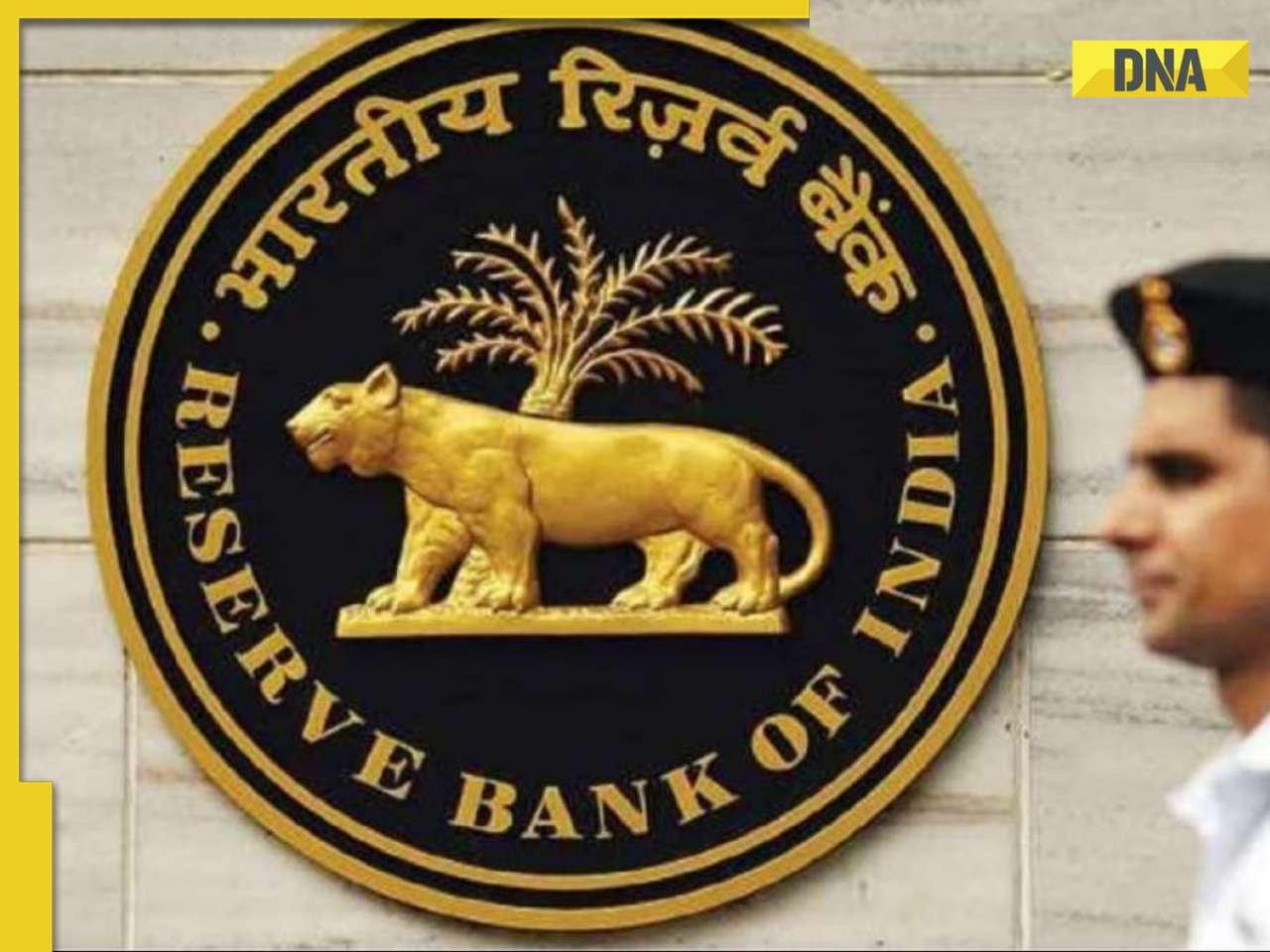




























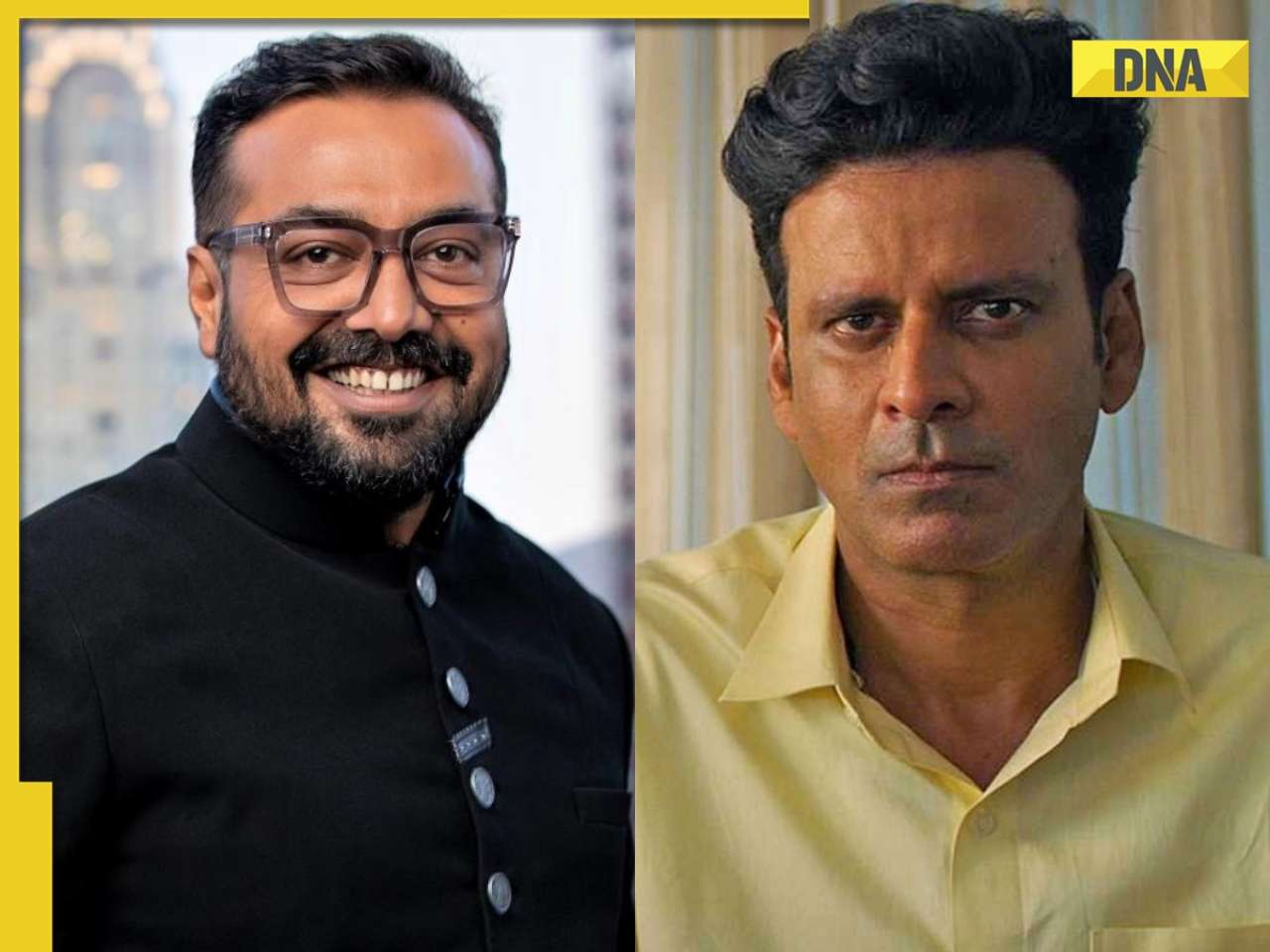







)

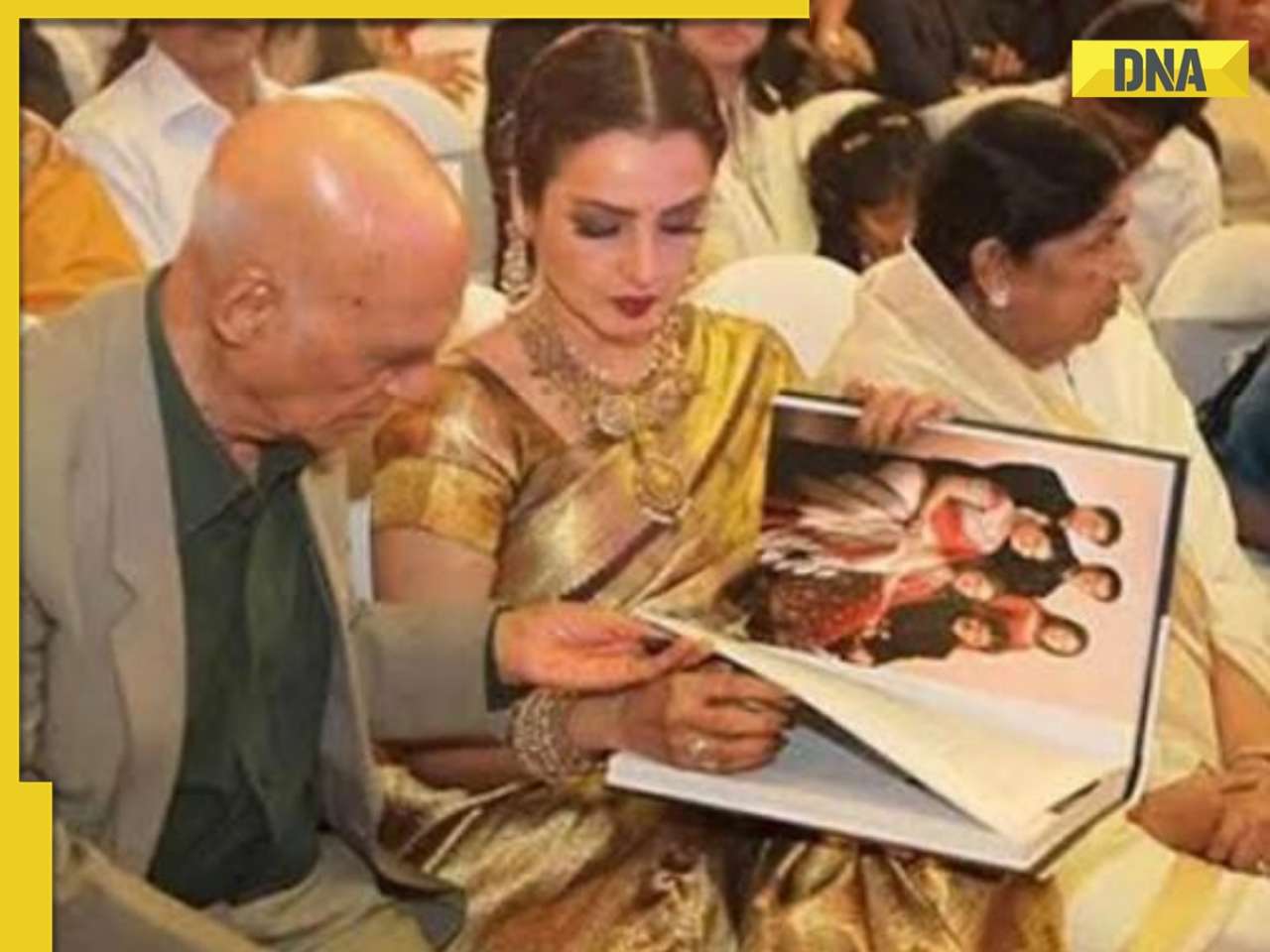
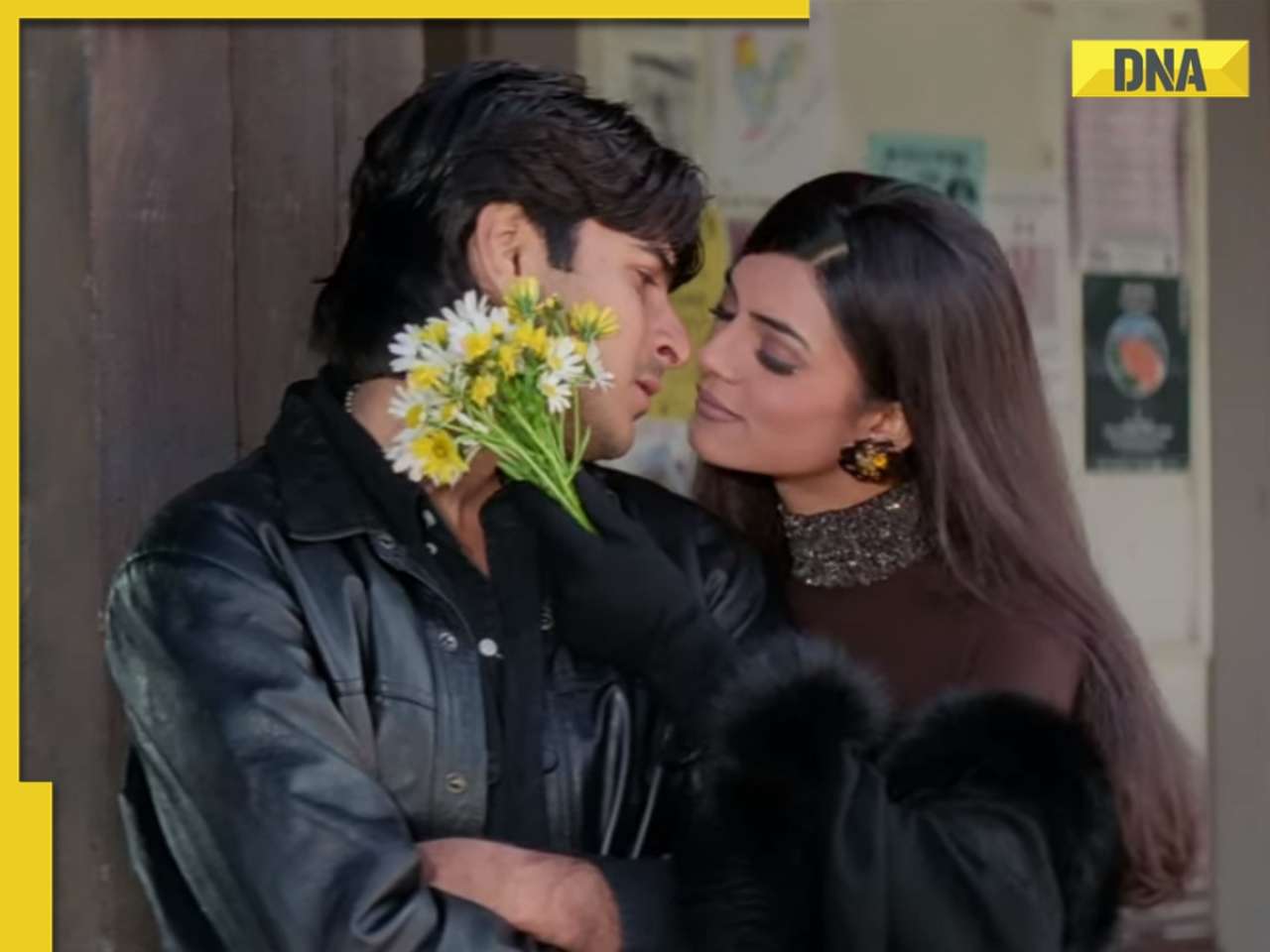


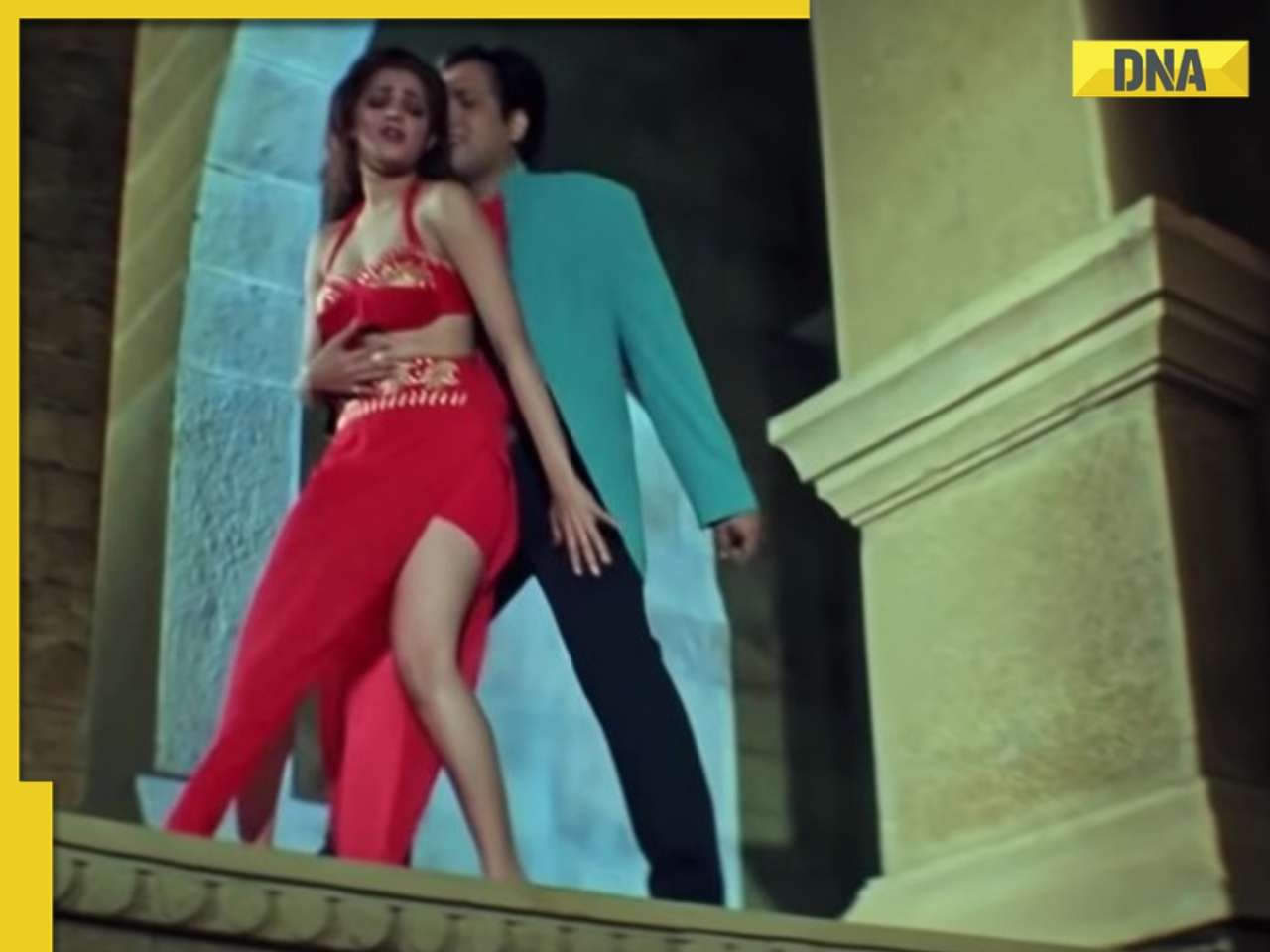








)
)




)
)
)
)
)
)